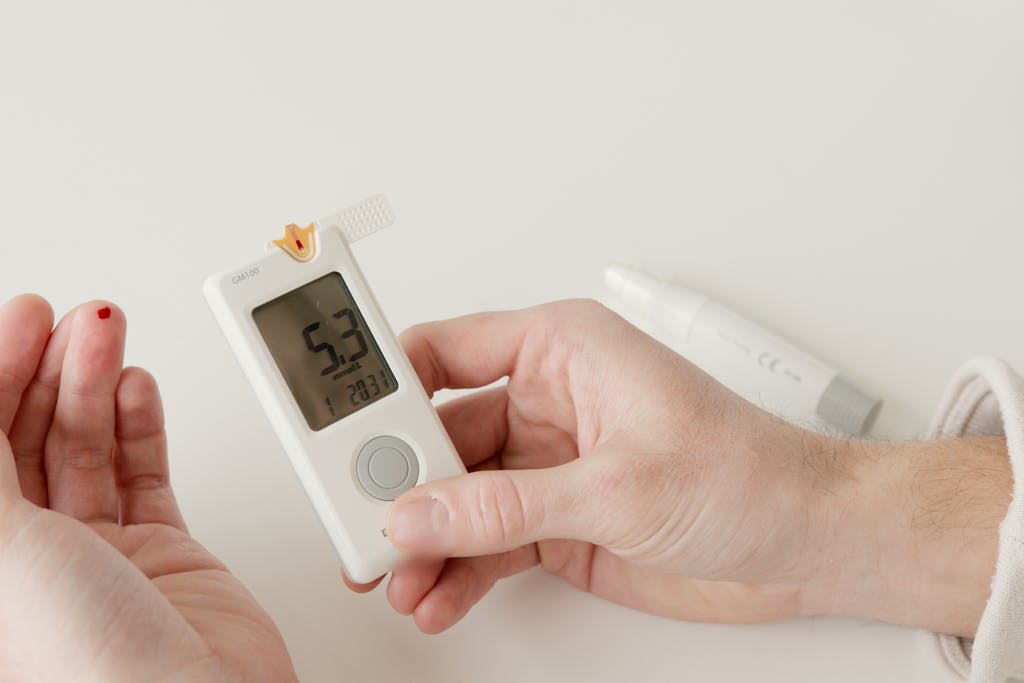Diabetes is a serious health condition that affects how your body processes blood sugar (glucose). If left untreated, it can lead to complications such as heart disease, kidney problems, and nerve damage. The good news is that spotting early signs of diabetes can help you get the treatment you need before it becomes more serious. Here are some common early symptoms to watch out for.
Increased Thirst and Frequent Urination
One of the earliest signs of diabetes is feeling unusually thirsty, even after drinking plenty of fluids. This is because high blood sugar levels cause your kidneys to work harder to filter and absorb excess glucose, leading to more frequent urination. As a result, your body loses more water, leaving you feeling dehydrated and thirsty.
Unexplained Weight Loss
Even if you’re eating normally, you may experience unexplained weight loss. This happens because when your body doesn’t have enough insulin to move sugar into cells for energy, it starts breaking down muscle and fat for fuel. This can lead to losing weight without trying, which is an early sign of diabetes.
Fatigue and Weakness
When your body cannot properly use the sugar from food for energy, you may feel constantly tired or weak. This is because your cells are not getting the energy they need, leaving you feeling drained. If you notice persistent fatigue, especially alongside other symptoms, it could be a sign of diabetes.
Blurry Vision
High blood sugar levels can cause fluid to be pulled from tissues, including the lenses of your eyes. This can lead to blurry vision, making it difficult to focus clearly. If you suddenly experience blurry vision that doesn’t go away, it’s important to check your blood sugar levels.
Slow-Healing Cuts or Infections
Diabetes can affect your body’s ability to heal wounds. If you notice that cuts, scrapes, or infections take longer to heal than usual, it could be a sign of high blood sugar levels. Diabetes weakens the immune system, making it harder for the body to fight infections and repair itself.
Increased Hunger
Although you may eat more than usual, you might still feel hungry. This is because your cells are not getting the energy they need from the food you eat. Your body continues to signal hunger even though glucose is circulating in your bloodstream, leading to constant cravings for food.
Tingling or Numbness in Hands or Feet
Over time, high blood sugar levels can damage your nerves, a condition known as diabetic neuropathy. Early signs of nerve damage include a tingling, burning, or numb sensation in your hands or feet. If you experience these feelings frequently, it’s important to get checked for diabetes.
Irritability or Mood Swings
Fluctuations in blood sugar levels can also affect your mood. When blood sugar is too high or low, you may experience irritability, anxiety, or mood swings. These mood changes are a common but often overlooked symptom of diabetes.
If you notice any of these signs, it’s important to see a doctor for a blood test. Early detection and proper management of diabetes can help prevent serious complications and improve your quality of life.

